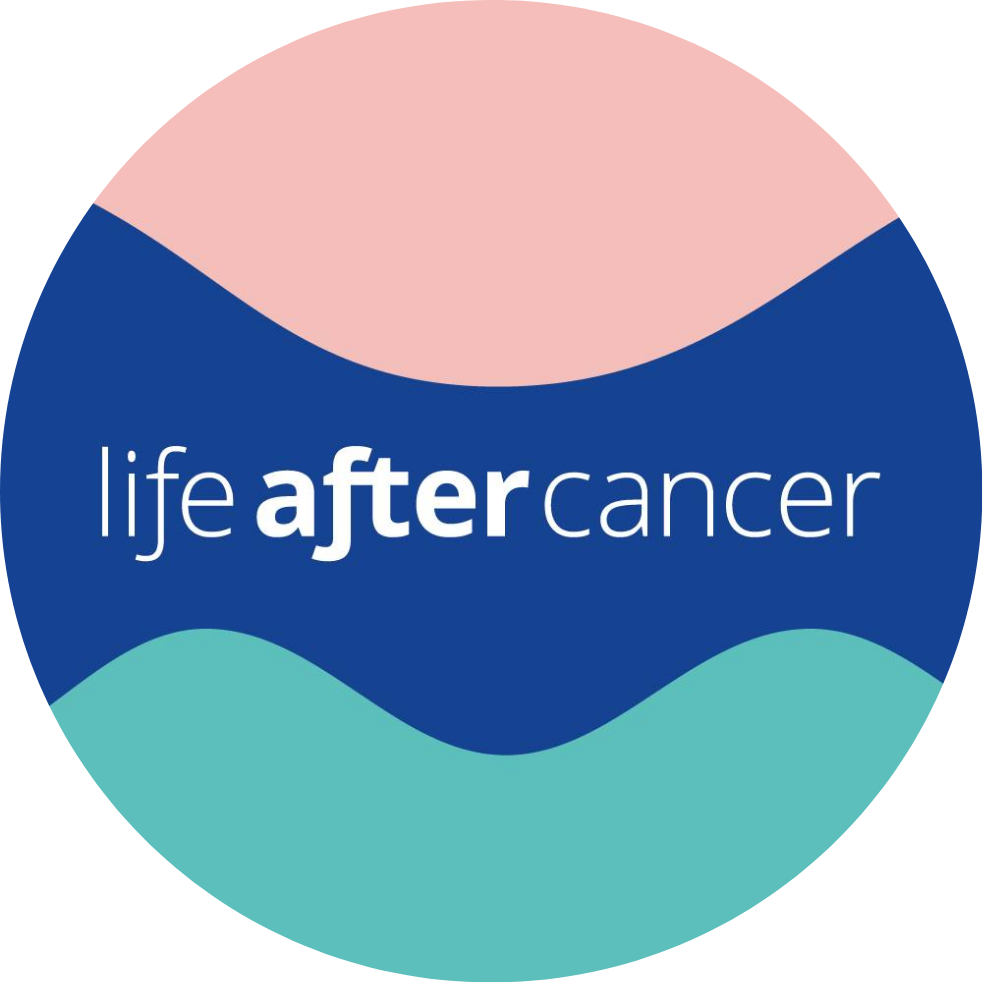Why support after cancer treatment is essential to recovery and what to do when it’s not there.
- Life after Cancer

- Sep 24, 2025
- 3 min read
So, you’ve finished cancer treatment, the focus has shifted to getting back to 'normal' and everyone expects you to move on. But what if getting back to 'normal' feels complex and challenging.
Many people are not prepared for this, and can feel confused or guilty for not feeling as they, or those around them, expected they would.
This is when post‑treatment support truly matters, and yet it is often missing in the cancer care system.
The Reality of Life After Cancer
92% of adults find life after cancer is harder than treatment. That’s why we exist.
You're not alone if you're finding this part tough.
“People kept saying, ‘You must be so relieved it's over’ - but for me, the hardest part had just begun.”
One in three people (34%) are still struggling with their physical wellbeing up to two years after treatment, and almost a third of people (30%) who have completed treatment in the last two years say their emotional wellbeing is still affected.
Cancer Research UK data shows that survivors are 27% more likely to experience anxiety than the general population - rising to 50% ten years after diagnosis.
Survivors also face elevated rates of fatigue, early menopause, low mood and trauma.
“Having completed treatment I thought life would soon return to “normal”. After a year of trying to “get back to normal” I was still floundering, unhappy and not sure why I wasn’t able to move forward following cancer.”
A Macmillan study estimates that over 70% of cancer patients receive no effective mental health care after treatment, and almost 31% have practical or personal needs that go unmet because they do not receive enough support or have no access to support at all.
Why Post‑Treatment Support Is Often Missing
Although UK cancer survival rates have doubled in the past 50 years, support services have not kept pace.
The NHS report that post cancer follow-up care is inconsistent across trusts.
“Survivors describe the end of treatment as like falling off a cliff into nothing”.
Currently, 53% of people leave the hospital without a plan for their ongoing care.
It’s no surprise, then, that many survivors feel overlooked or unsupported at a time when continued care is still very much needed.
Post‑Treatment Support Makes A Difference
Many of the challenges people face after cancer treatment, from isolation to low mood or fear of recurrence, can be managed. But only if people have access to the right information, practical tools, and encouragement along the way.
That’s where Life after Cancer comes in. We have lived experience and we get it. We recognise the invisible part of the cancer journey: the emotional, physical, and social impact that lingers after treatment ends.
Since 2018, our organisation has supported over 5,800 individuals through:
Alongside this, our free resources, toolkits, and WhatsApp community support thousands more each year.
As a result of attending our services:
99.5% reported improved mental wellbeing
97.3% felt more connected and less isolated
96% experienced increased resilience and reduced anxiety
Research from Macmillan shows that when aftercare is done well, it not only supports individuals to live well after cancer, but can also ease long-term pressure on NHS services.
“This should honestly be recommended to every patient who’s experienced cancer” - 6 Week Programme participant
This is why access to community-based support, including peer groups, wellbeing workshops and group coaching, should be recognised as a core part of post-cancer care. It can help people feel empowered, supported and less alone.
How Life after Cancer Fills the Gap
Life after cancer is often overlooked, we're here to change that.
Life after Cancer is a London-based, community-led organisation created by and for adults who’ve had cancer. We offer compassionate support, practical tools and a community that truly understands, to help you rebuild a life that feels right for you after treatment.
We provide free support to help people navigate the often-overlooked challenges that begin once treatment ends, from fear of recurrence and identity shifts to brain fog, relationship changes, and working out what really matters now.
We work with organisations such as NHS England, Macmillan, and Nuffield Health, and are funded by The National Lottery, Transport for London, City Bridge Trust, and Postcode Lottery.
All sessions focus on post-cancer challenges and are led by trained coaches with personal cancer experience or experts in their field.
Navigating Life After Treatment: Where to Find Support
If life after cancer feels more difficult than expected, you are not alone. Visit our Events page to explore our free sessions.
Subscribe to our newsletter to find out about upcoming events, receive expert resources on post-cancer challenges, and hear the latest from our community.








Comments